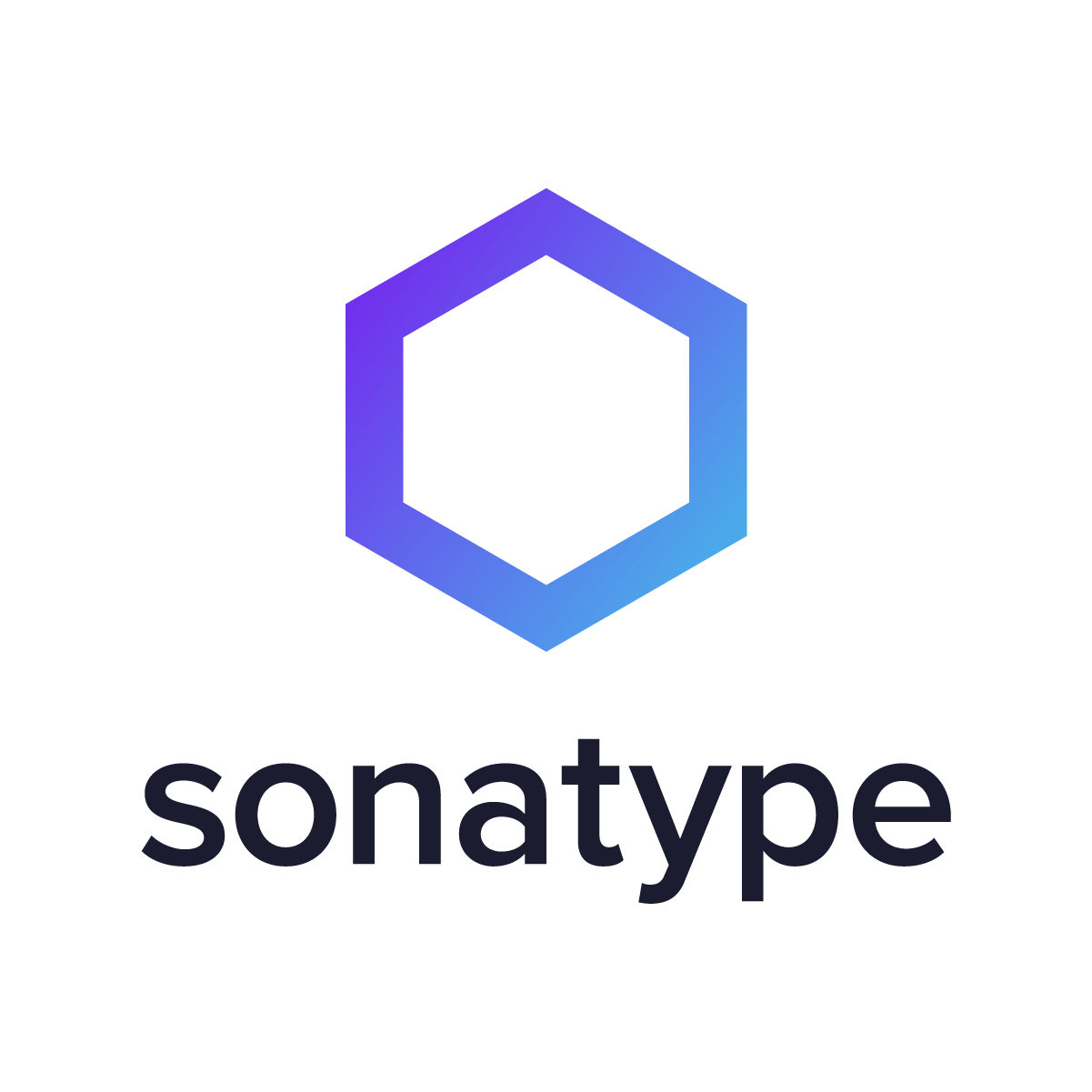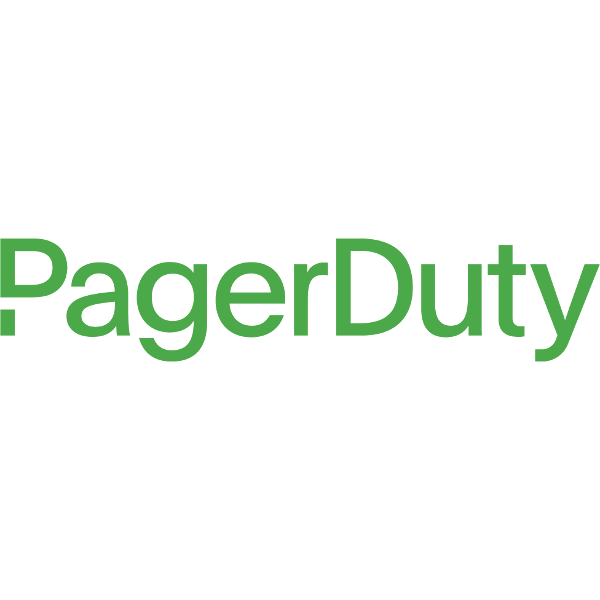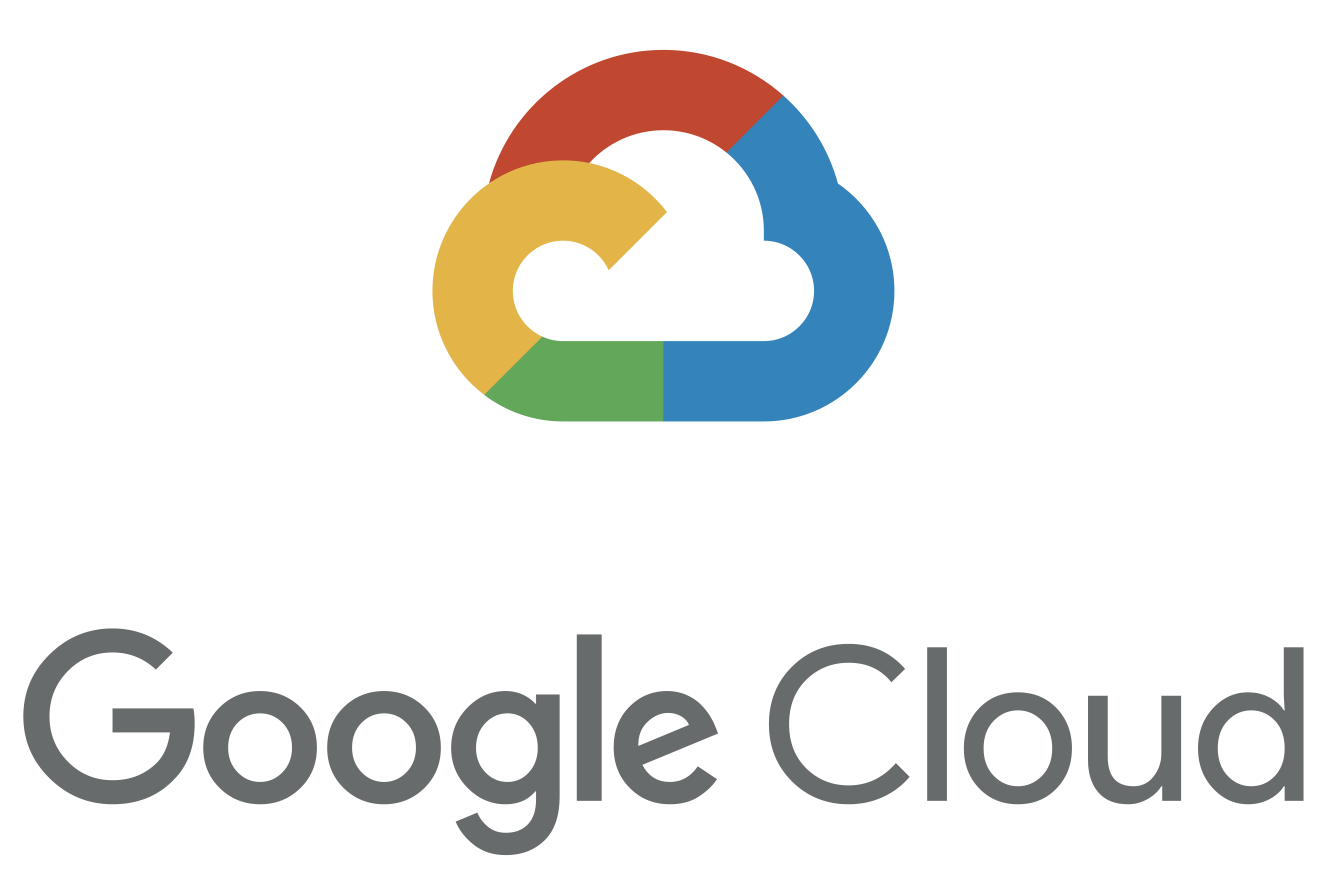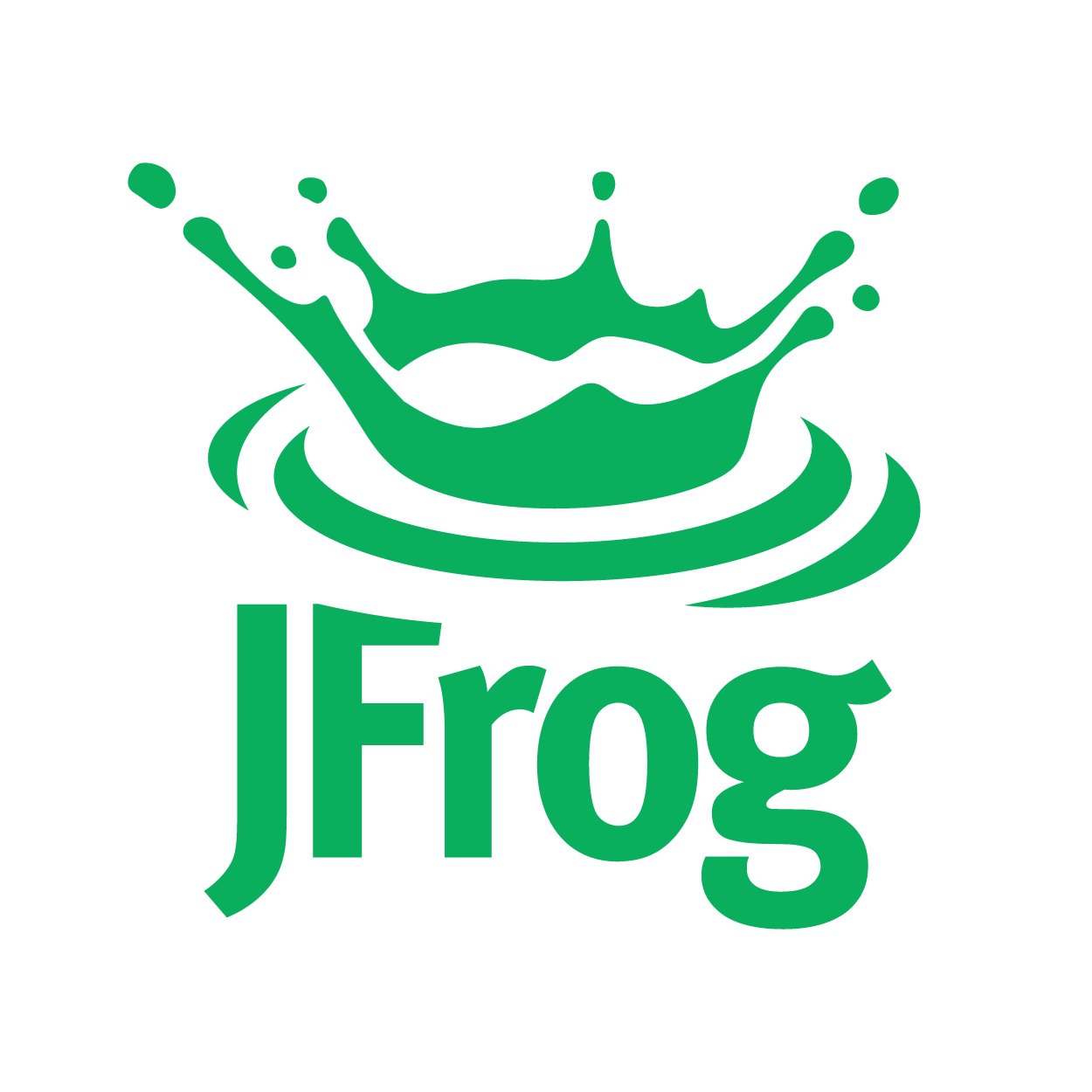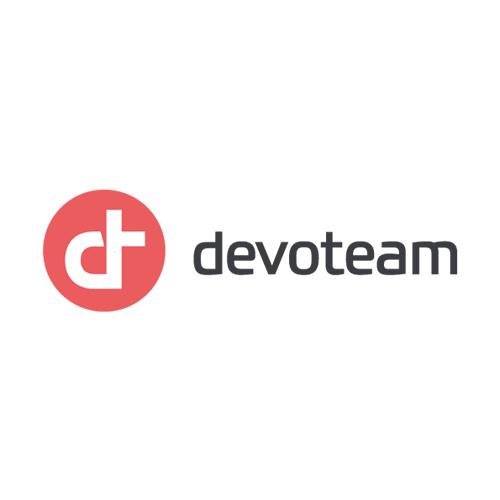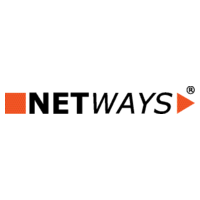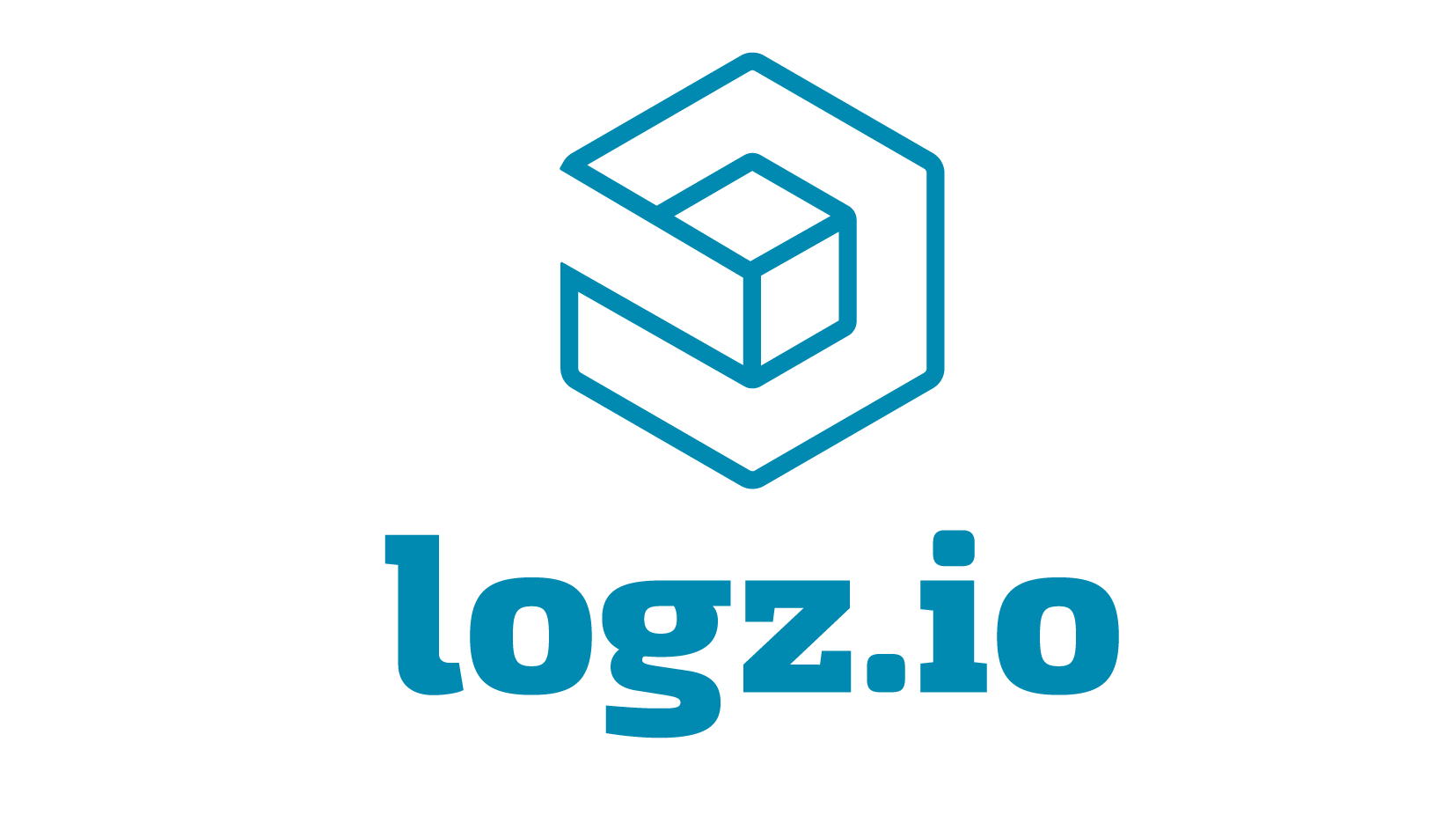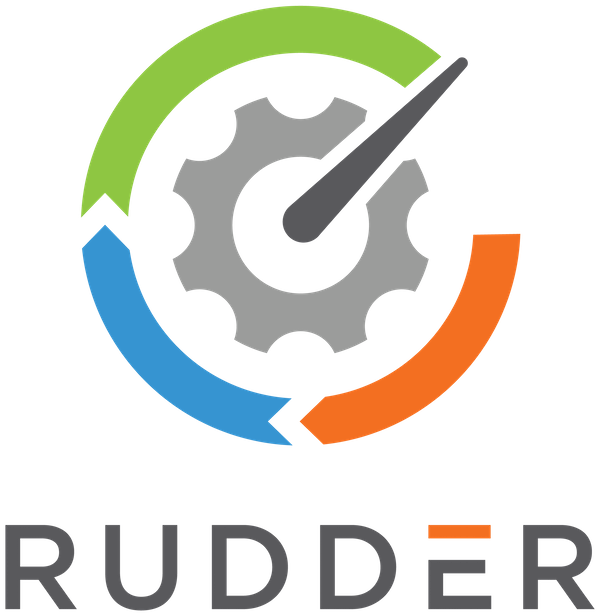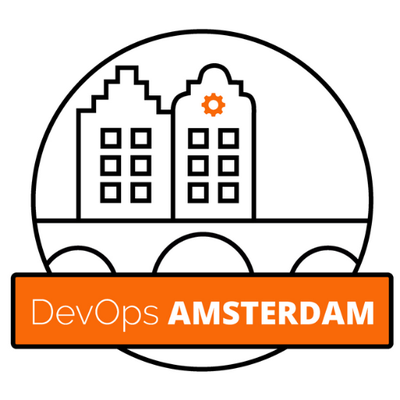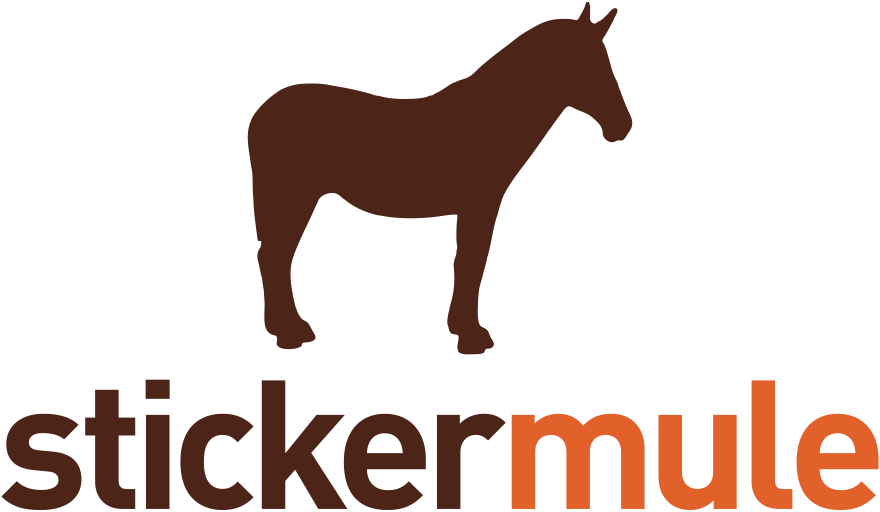Cookies, Mapping, & Complexity
Baking cookies at home is simple enough. Sharing them with friends or family outside of our homes is slightly more complicated. Shipping hundreds of cookies around the world to strangers that filled out a survey on the internet is at least complex and tends towards the chaotic. This talk is a review of the lessons we learned about the theory of constraints, complexity science, mapping, devOps, and trusting each other after we received an overwhelming response to a configuration management survey I launched at Puppet Conf 2014.
A kid could not pick a worse time to ask a parent for help with setting up a lemonade stand than when they are on their way out the door for a business trip. As luck would have it this is the exact predicament I found myself in while leaving for Puppet Conf in 2014. Hoping to provide a safe-to-fail alternative instead of a “No”, I offered to put together a short survey on configuration management that offered to send cookies to anyone that answered all the questions and provided a mailing address. I figured we might get a few responses, but who would give their mailing address to strangers on the internet offering to send them cookies for free?
My assumptions and over-simplification landed me in a bit of chaos, but thankfully that’s where we find novel practices. This is the story of how my kids learned to understand variance in manufacturing through theory of constraints, how we dealt with emergent security and safety concerns once we started shipping cookies, why we finally decided to stop, and the career path my spouse and children found themselves on afterwards. This talk will use the cynefin sensemaking framework to explore the complexity of our experiments and Wardley mapping to show the dependencies we needed met to accomplish our goals.
Speaker

Chris Corriere
Chris Corriere has been working with data, phones, networks and writing software for over twenty years. His background in mathematics and engineering has allowed him to adapt to new and industry ...


